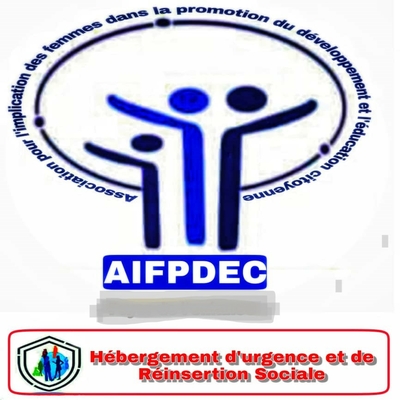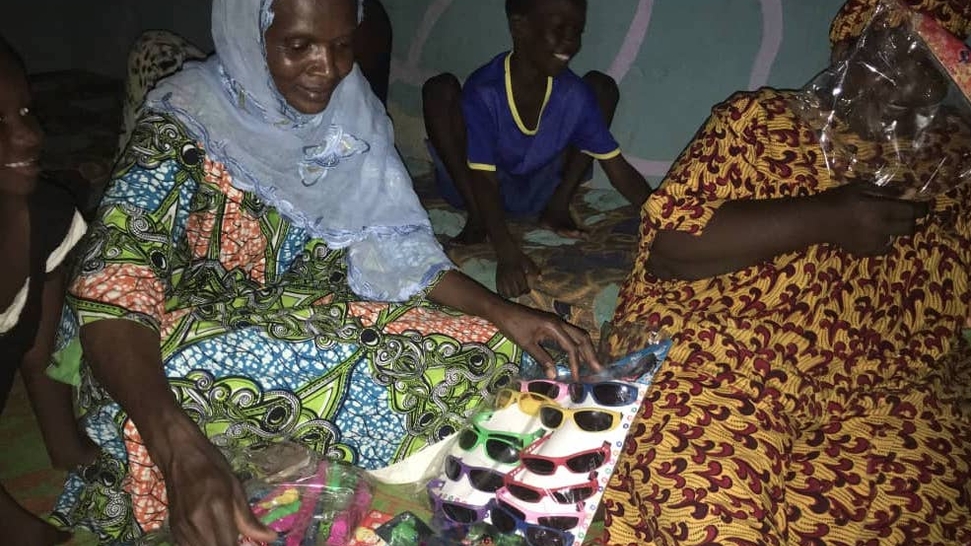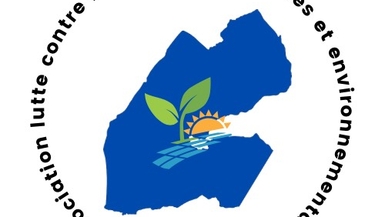Campaign Status
Ongoing Offline: The campaign is currently ongoing offline and, thus still in the process of collecting funds.
Summary
The campaign aims to improve the living conditions of 50 widowed women who are heads of vulnerable households in the peripheral districts of Sebkha and El Mina in Mauritania.
Challenge
In the past, towns in the interior of the country, particularly those situated in the Senegal River valley (Trarza, Brakna, Gorgol, Guidimakha), relied on agriculture, fishing, and livestock breeding for sustenance. These three sectors were productive and developed, supporting numerous families. The prevalent life choice was to settle in a rural environment. However, the decline in rainfall, which commenced around 1940 and peaked during the great droughts of 1968, 1972, and 1973, resulted in a sudden and uncontrollable breakdown of Mauritanian rural and pastoral societies. This led to accelerated and massive urbanization.
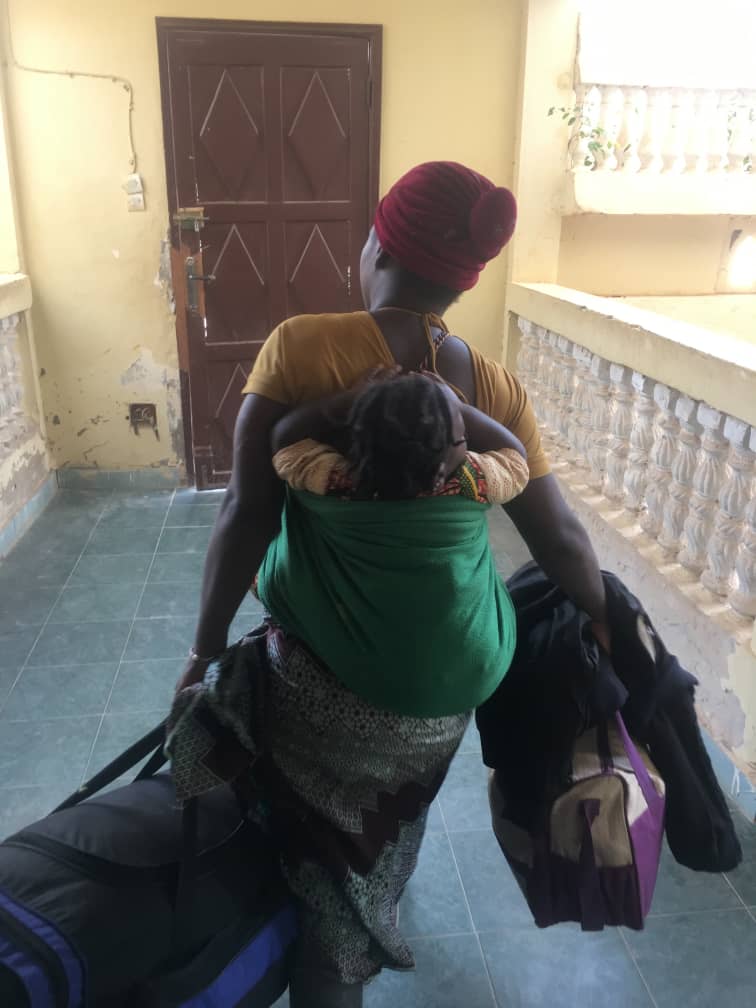
Families that had chosen to reside in rural areas started migrating to Nouakchott in search of employment. This migration gained momentum around 1985 and intensified in 1989, particularly when some valley inhabitants lost their livestock and land. In 2002, the golden rains devastated the remaining livestock, leaving families with no means of resilience. The rural exodus further intensified with the migration to Nouakchott.
The challenges faced by the target group are numerous and diverse:
- Due to the challenging economic situation, families often experience divorce. In many cases, when there are children involved, fathers shirk their responsibilities, leaving the children in the care of their mothers.
- Young girls abandon their studies to assist their families and contribute to the household finances.
- Early marriages are common for young girls, resulting in two or three children shortly after marriage. Inexperienced husbands may eventually lead to divorce, or they may resort to illegal migration to Europe.
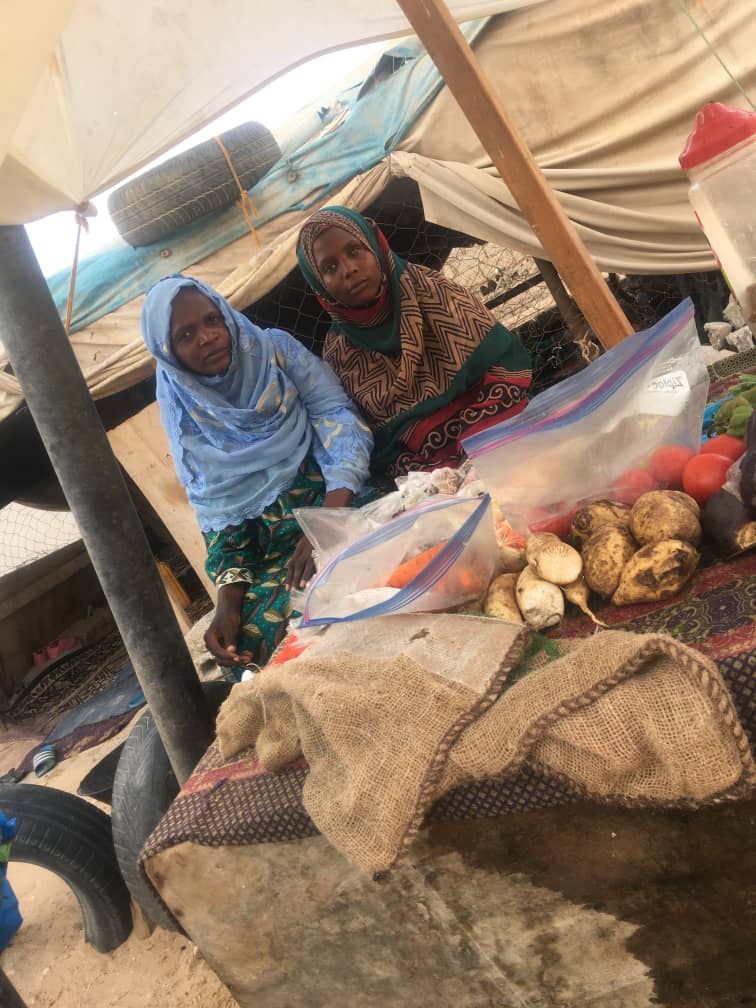
Solution
In response to the socio-economic challenges faced by vulnerable women in the towns of Trarza, Brakna, Gorgol, and Guidimakha in the Senegal River Valley, the campaign proposes a comprehensive empowerment and training program. The historical reliance on agriculture, fishing, and livestock breeding has been severely disrupted by climate change-induced declines in rainfall, resulting in a mass urbanization trend toward Nouakchott. Economic hardships have led to family breakdowns, interrupted education for girls, early marriages, and illegal migrations.
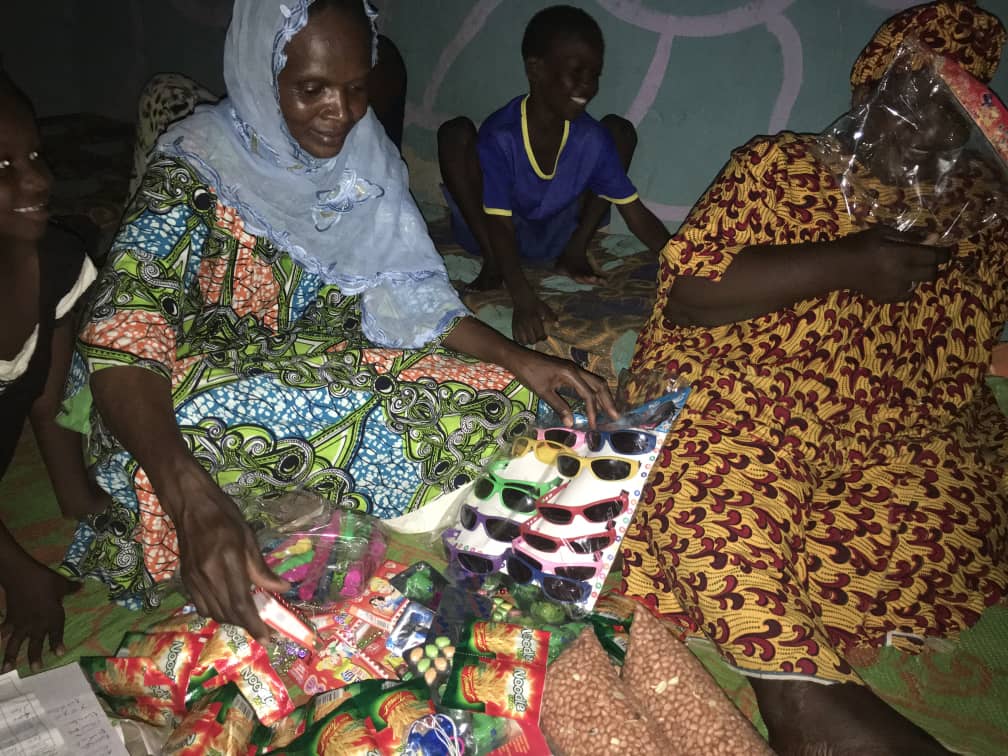
The CSO’s campaign solution integrates skill development workshops, entrepreneurship training, and financial literacy programs to enhance employability and foster economic independence. Additionally, they will provide psychosocial support, advocate for education, and build a supportive community. By collaborating with local stakeholders and facilitating access to microfinance opportunities, they aim to empower these women, breaking the cycle of hardship and contributing to sustainable positive change within the community.
